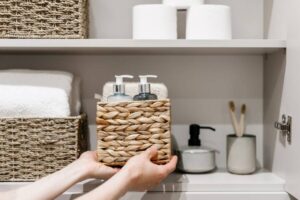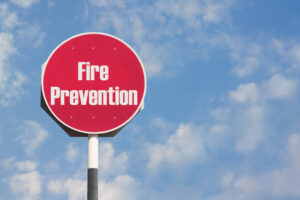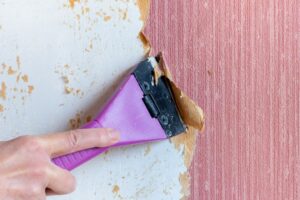Did you know about these common fire hazards in your home?
According to the National Fire Protection Association, US fire departments respond to about 346,000 home fires annually. We generally tend to clean the crumbs off our counters, and we vacuum the dust bunnies out of the corners.
But, some areas of our homes aren’t as obvious to spot. And if left neglected for too long, they can become a fire hazard. Besides causing personal injuries, fires can damage your home and everything in it. So we should obviously do everything we can to avoid them at all costs.
Learning about fire hazards in your home is an excellent place to start. Since faulty appliances cause some domestic fires, I recommend buying a home warranty policy to help ensure your devices are fixed when necessary.
Homeowners insurance can provide you with coverage for fire damage, but it’s best to try and avoid a domestic fire altogether.
So how do you ensure your home doesn’t become a statistic? Watch out for these 7 hidden objects that can become a fire hazard in your home if you don’t clean them often enough.
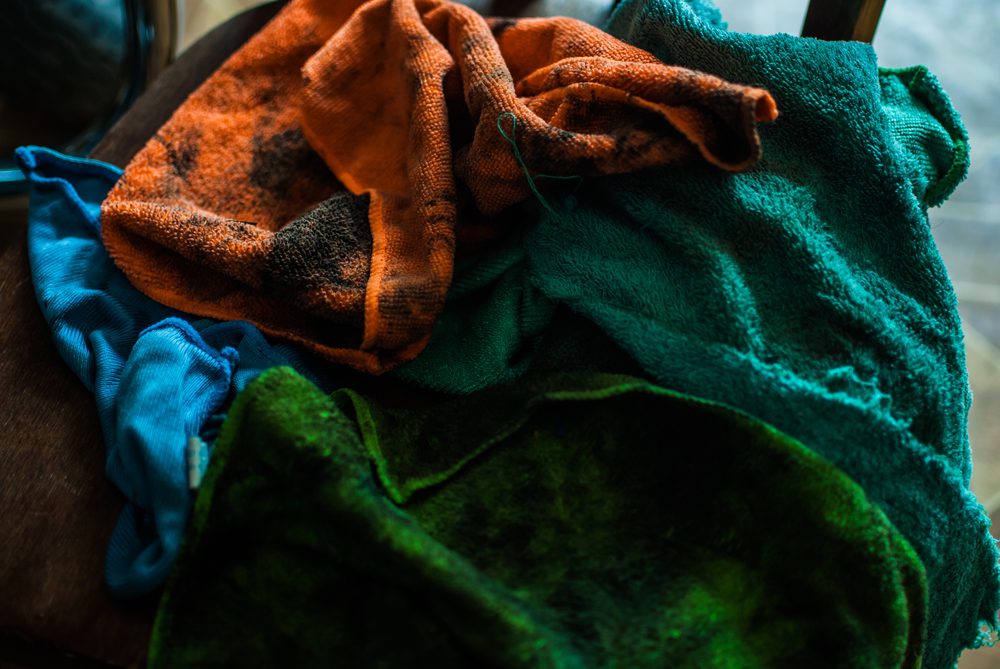
Unwashed Rags
Fire departments say they frequently see home fires started by some oily rags used for staining and are just left lying around in someone’s garage or basement. But rags need to be cleaned properly once you’re done using them.
This sounds scary, but a chemical reaction caused between cotton and some oil-based stains is a fire hazard and can cause spontaneous combustion. If you plan on using your rags again later, you should keep them in metal cans with a tight-fitting lids.
When you’re done using them, soak them in water and detergent like Dawn or Tide, and let them soak for a couple of days before disposing of them.
Bathroom Exhaust Fans
The bathroom’s exhaust fan is one of the most commonly neglected fire hazards in every home. The motor can overheat and create a fire if you have a dirty and old exhaust fan.
Newer bathroom fans usually have thermally protected motors, and the motor will shut off if it overheats. But older fans don’t include this safety feature.
If dust and debris are clogging the motor, and the fan cover or grill is blocked by dust, the motor can quickly overheat and become a fire hazard. I recommend cleaning the fan cover in your bathroom at least once a year and the motor at least every couple of years.
Dryer Lint
The lint in your dryer can become a fire hazard due to vents, filters, or ducts becoming clogged. Usually, this is a result of lint buildup. But it can also be caused by accumulated grass, dirt, or other materials. This is why cleaning the lint trap in your dryer is so essential.
You should clean the lint screen after every time you use the machine and take some time to clean the duct and vent once in a while as well. The venting system might be obstructed if you start noticing that your clothes aren’t properly drying after each cycle.
It would help if you also had your dryer routinely inspected to check for leaks or improper fittings. Investing in a home warranty policy covering dryer fires can also be prudent.
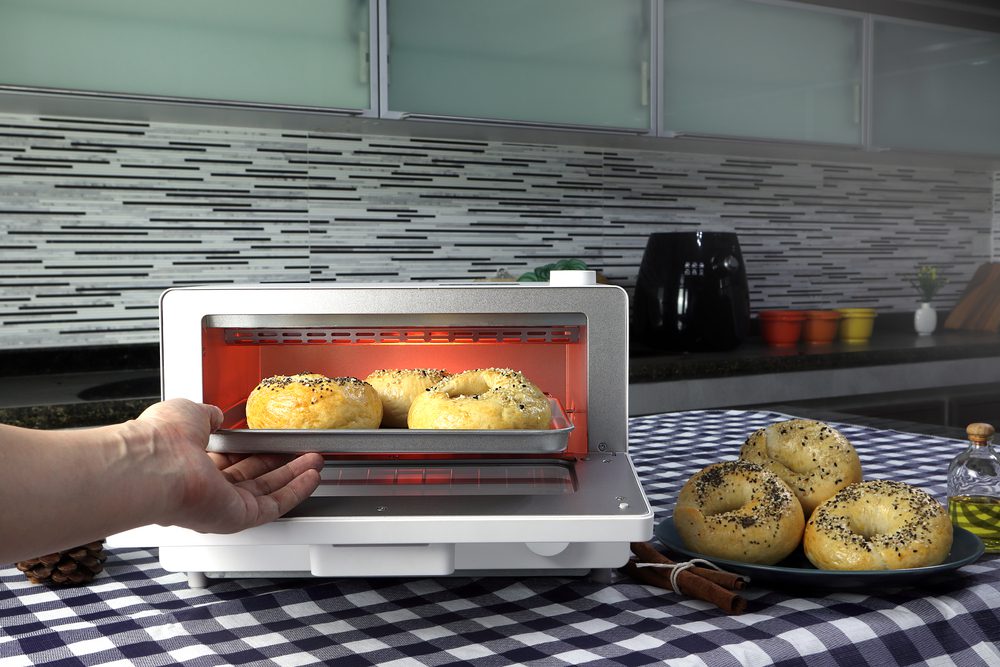
Toaster Ovens
This potential fire hazard is probably one of the most commonly used items in almost everybody’s homes. And if you don’t clean them often enough, they could create a fire.
Crumbs fall off of bread and everything else we put in there, and they accumulate at the bottom of your toaster. When you use the toaster the next time, those crumbs reheat and can start smoking.
When items touch the heat source, they can become highly hazardous because they begin to smoke much faster than crumbs on the bottom of the tray. I recommend cleaning the crumbs after each use and ensuring that nothing touches the heat source.
Space Heaters
We all love these miracle workers during the cold winter months, especially those of us who don’t have central heat in our homes. But, while your space heater will keep you warm and toasty, it poses a hidden fire hazard. They generally cause fires when they malfunction.
This happens when one overheats due to being left on for too long or when someone’s using an older version that doesn’t automatically shut off when it overheats.
In fact, space heaters cause more than 1,000 fires in homes every year, according to the Consumer Product Safety Commission.
To prevent this, you should keep your space heater on the floor, and at least 3ft away from clothes, blankets, furniture, draperies, bedding, stuffed animals, mattresses, and any other flammable products to prevent fires from happening.
You should also keep it away from water to avoid electrical fires, and make sure you NEVER leave it unattended.
Critters And Pests
When you start thinking about all the potential fire hazards in your home, critters and pests are probably the last thing that will come to your mind.
But unfortunately, if you’re not setting traps or taking measures to ensure they get out of your house, they can enter your home and potentially start a fire.
How can this be? Well, let’s say that mice have built nests within your walls using paper, straw, or whatever else they find. These are all combustible items, leading you to have a volatile situation on your hands.
On that same note, squirrels can be a problem in your attic because they can enter your interior space through any minor gaps that have formed over time. Wanna know what their favorite snack is?… Electrical wires!
This makes critters one of the most overlooked fire hazards in your home.
Cooking Oil
We all use cooking oil in our kitchens, and it helps us make many delicious dishes. Unfortunately, it’s also a highly flammable material! Here’s what you should remember to help prevent grease fires when you cook:
- When using oil, heat it slowly and add your food gradually to prevent it from splattering.
- Always have a metal lid close by when cooking in case of a fire in your pot. It’s the quickest way to extinguish a fire by depriving it of oxygen when putting a lid on it.
- Ensure you have a fire extinguisher nearby at all times.
- Keep flammable items, like rags, oven mitts, and wooden spoons, away from your stove.
- Never leave your pots or pans unattended when you cook because smoke only takes a few moments to turn into fire.
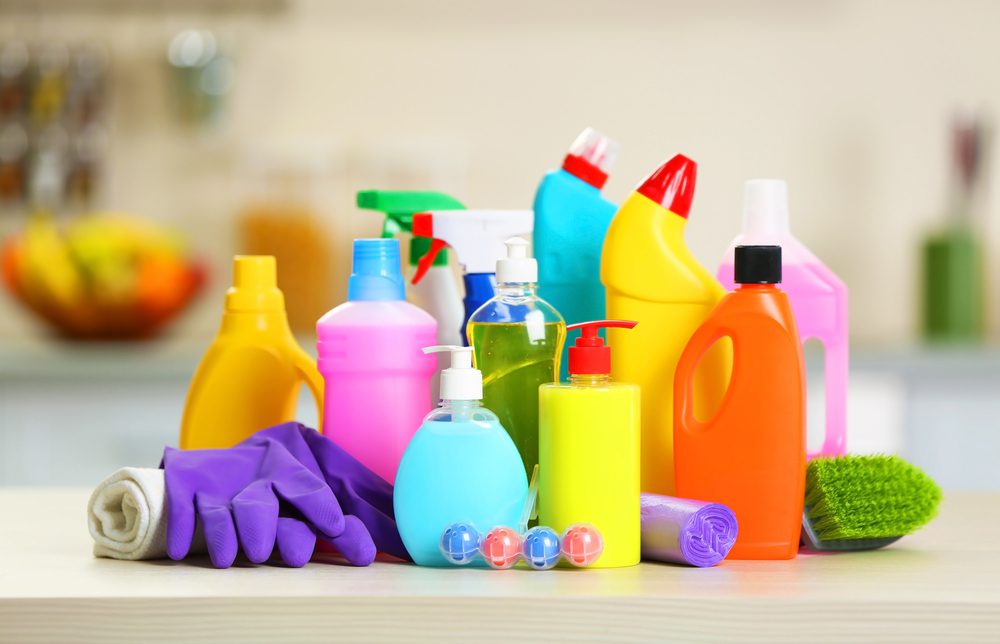
Bonus Tip: Be Careful Of Where You Keep Your Household Chemicals
Throughout this article, I’ve spoken about cleaning certain things in your home to prevent fires. But let’s also talk about the many different chemicals you use that are potential fire hazards. This includes:
- The aerosol cans under your kitchen sink
- That big bottle of nail polish remover you keep in your bathroom cabinet
- The bleach and ammonia in your laundry room
Thankfully, these types of fire hazards aren’t likely to just spontaneously combust. But they can emit combustible fumes or catch fire if they’re used close to a spark or open flame.
How Can You Protect Your Home?
Be sure to keep combustible household chemicals away from anything that can cause a spark. This includes:
- Candles
- Outlets
- Lit cigarettes
- Fireplaces
I hope you got some useful tips on fire hazards from this article. But our site has many more informative articles for you. I highly recommend also reading: 9 Cleaning Mistakes That Are Costing You Time And Money


